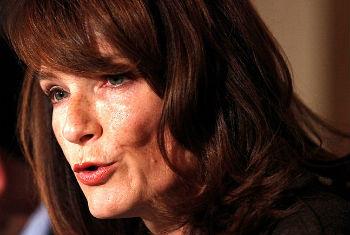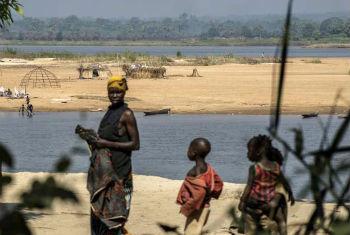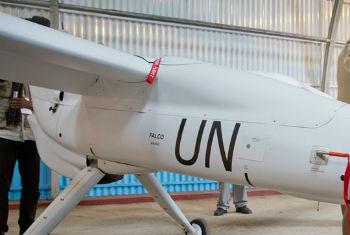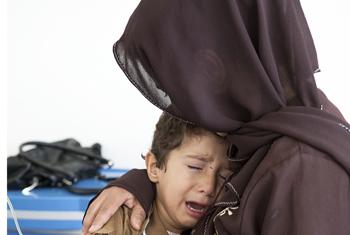Professor Ali Mazrui made “immense” contributions to UNESCO
The immense contributions of the late Kenyan intellectual, Professor Ali Mazrui, made to the UN cultural agency (UNESCO) were recognized at an event held at UN headquarters on Tuesday.
The event was organized by the permanent mission of Kenya to the United Nations in collaboration with UNESCO’s on 24th February, the birthday of the Pan Africanist scholar.
UNESCO says Professor Mazrui was one of the leading figures for the drafting and elaboration of its General Histories of Africa Collection.










